BFI Flare 2023 – a selection of quick-read reviews from this year’s festival.
1.
HORSEPLAY
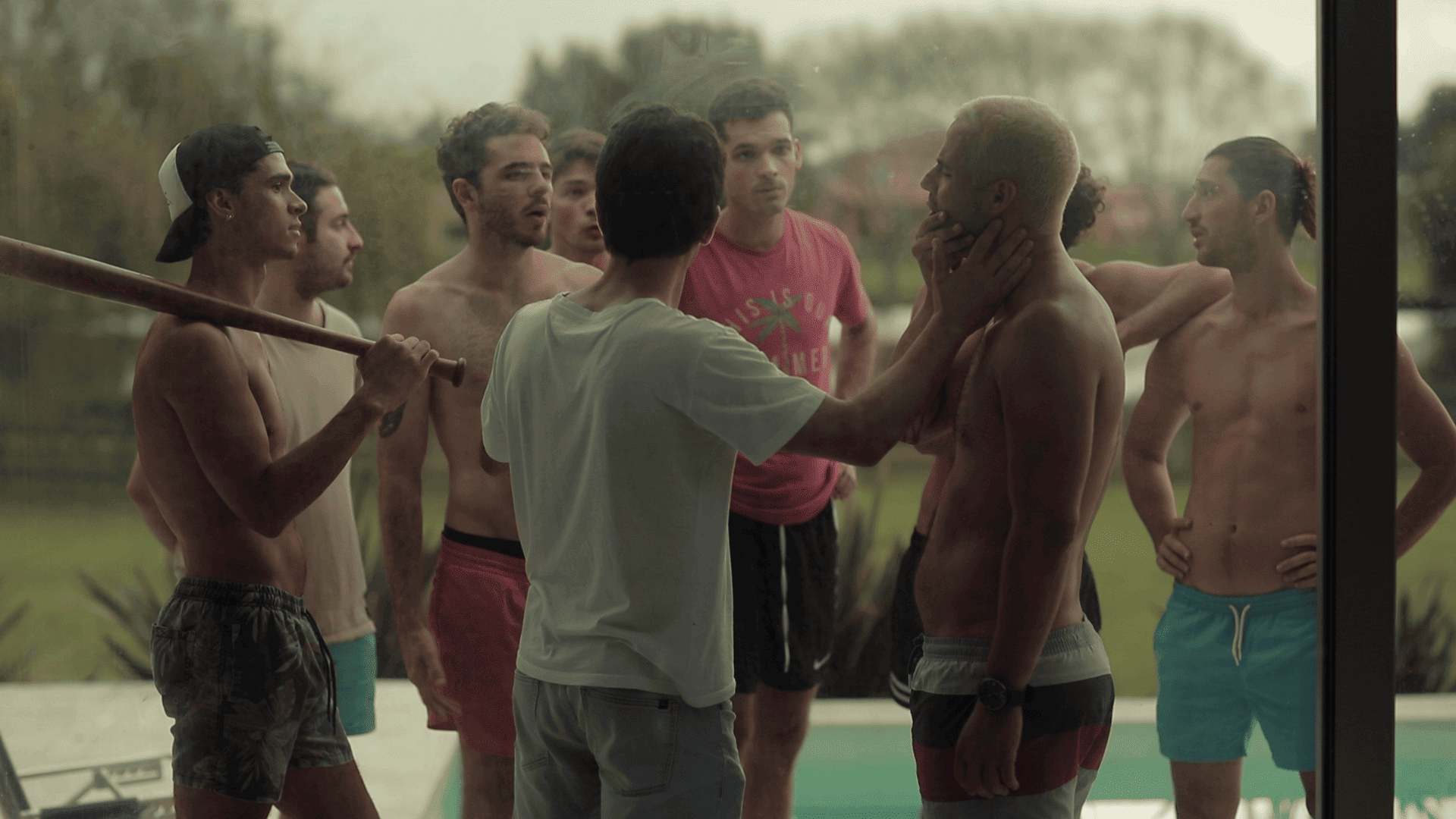
Themes of masculinity, toxicity and bromance are placed under the microscope in Marco Berger’s often uneasy, playfully erotic and volatile drama Horseplay. Building on his previous work, Taekwondo, Berger puts us in a friendship group where homosexuality and male love are dismissed, and homoerotic play is embraced. If you were to think of a fly on the wall on an all-male 18-30 holiday, you roughly get the idea. Berger aims to explore the formation and boundaries of male sexuality and the contradictions that exist in heterosexual male behaviour. Here, masculinity is thin, fragile and prone to flaws despite an outer box that insists it’s tough and unbreakable. Many will struggle with the loose narrative and the open, unstructured performances. But for those willing to see Berger’s film through to the inevitable horror of the final act, Horseplay offers something truly unique, unsettling and authentic in its dissection of heterosexual male behaviour.
2.
THE DREAM SONGS

On the morning of the 16th of April 2014, the MV Sewol ferry carrying 476 passengers and 33 crew members sank off the coast of South Korea, her weight massively above safe limits. Among the passengers were 250 students on a field trip from Danwon High School. This disaster sits at the heart of CHO Hyun-Chul’s feature debut, The Dream Songs. Set during the twenty-four hours preceding the disaster, this is the fictional story of teenage Sam (Park Hye-su) and her best friend Ha-eun (Kim Si-eun) as they finally face the true nature of their relationship and unspoken love. Soft lighting, ethereal beauty and engaging performances are the hallmarks of this impressive feature debut as raw emotion ripples through each scene. However, The Dream Songs is frequently lost in its beauty and complexity, and as a result, it loses the audience’s interest midway through before pulling it back for the final act.
3.
GOLDEN DELICIOUS

Jason Karman’s debut feature film takes us to Vancouver, where we meet the Wong family. Here, seventeen-year-old Jake feigns interest in High School basketball to impress his dad, George, who runs a local Chinese Restaurant left to him by his parents – a restaurant his disgruntled mum keeps open through long hours of back-breaking work. Meanwhile, his older sister Janet aspires to a career in catering, much to his parent’s disdain. But as Jake navigates the final year of high school, a girlfriend who wants to go all the way, and a dad who is piling on the pressure, everything is about to change when Aleks moves in next door. Golden Delicious often feels like a delightful take on Love, Simon and Love, Victor, viewed through an East Asian lens that incorporates discussions on integration, cultural heritage and identity. Therefore, while at its core, it may not tread new ground in the coming out, coming-of-age genre, this accomplished & polished feature debut beautifully celebrates the intersections of diversity, friendship, family and first love through a cultural lens often bypassed in LGBTQ+ storytelling.
BFI FLARE 2023 QUICK READ
4.
MAYBE SOMEDAY
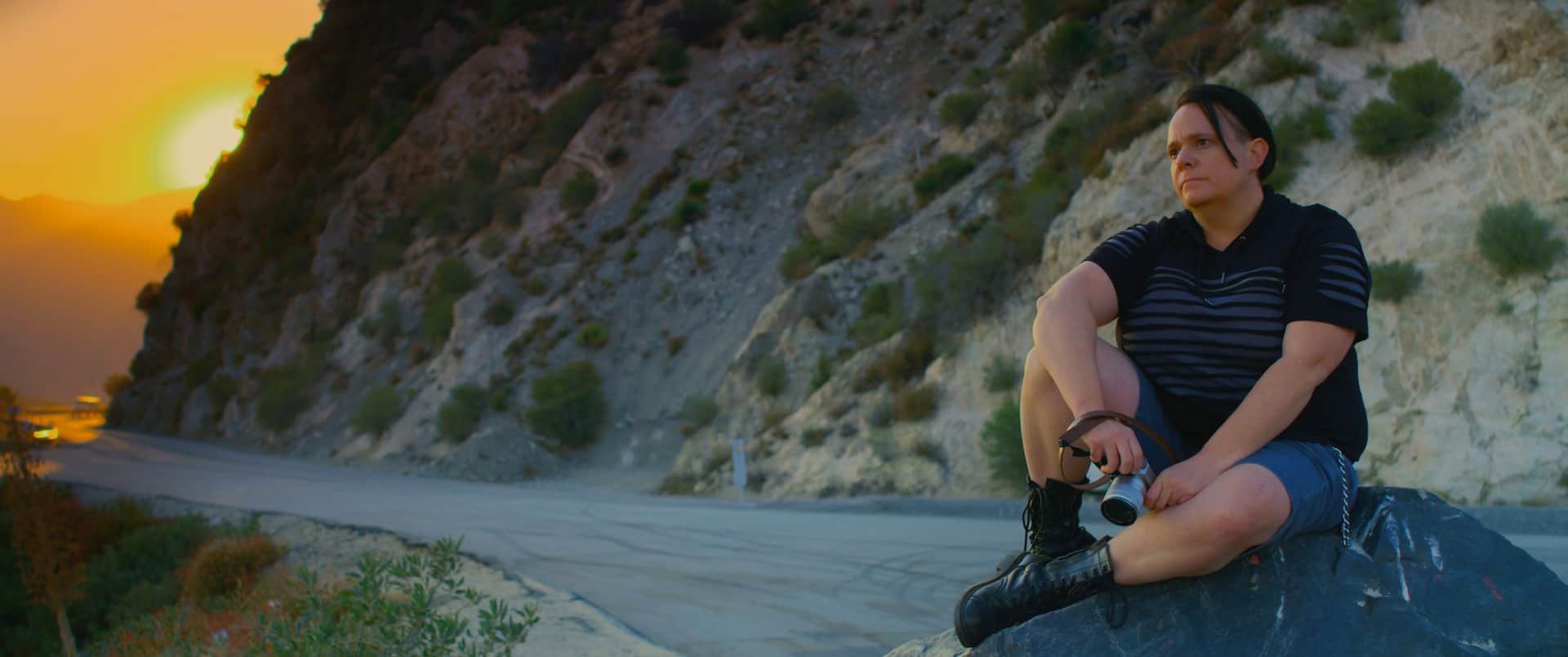
Life is full of beginnings and endings; some are full of excitement, hope and expectation. But others are challenging, painful and deeply uncomfortable. Maybe Someday could well find itself categorised as a love story, but it’s so much more. Jay is a non-binary photographer who has just separated from their wife and is unsure which direction to take next as they unpick their life. Seeking escape, Jay ends up at the house of their high school best friend, where they attempt to replace their pain with hope for a better future. There, Jay meets the charismatic but complicated Tommy, a dreadful gay stand-up comedian. Tommy makes Jay laugh and accepts them for who they are, but can Jay move forward and let go of the past? Director Michelle Ehlen’s quiet and considered film is about the journeys we take in finding healing and new connections. It is a subtle but moving take on the road trip genre grounded in intimacy and honesty.
5.
HOW TO TELL A SECRET

It often feels like HIV has been relegated to history in our modern society. Great dramas such as It’s a Sin and deeply emotional documentaries like AIDS The Unheard Tapes have reflected upon the 80s and 90s experience of HIV and AIDS and the devastating effects the pandemic had on individuals, partners, families and communities. But do we talk enough about the continued stigma of the virus and the fear those words “you are HIV positive” instil in new generations? How to Tell a Secret places millennials centre stage as directors Anna Rodgers and Shaun Dunne combine documentary filmmaking with performance art and classic storytelling to explore what it means to live with HIV in modern-day Ireland. The result is a beautiful, powerful, urgent mosaic of experiences and stories brought to life through a genre-defying slice of experimental and creative filmmaking.
BFI FLARE 2023 QUICK READ
6.
UNIDENTIFIED OBJECTS
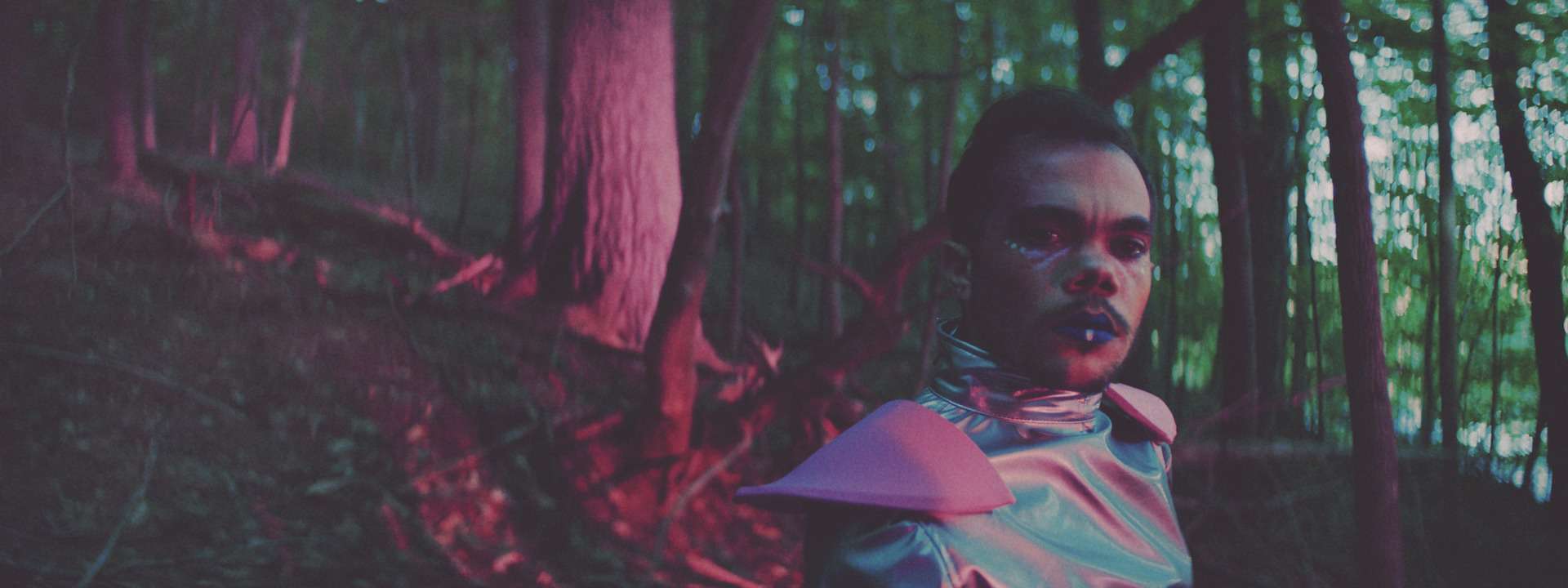
To label Unidentified Objects as yet another indie road trip about two unlikely travellers who are thrown together by fate would be easy and, in many ways, correct. But director Juan Felipe Zuleta’s film transcends the tropes of the road trip genre to become something more: a beautiful and tender conversation on alienation, connection and rebirth. The story is simple: Peter (Matthew Jeffers), a gay, unemployed little person, meets Winona (Sarah Hay), a sex worker in desperate need of a ride to Canada. Winona believes aliens abducted her when she was fifteen and are now about to return to pick her up. At the same time, Peter needs the money as his life spirals out of control alongside his depression. But as they embark on a trip into the unknown, healing, belonging, and hope slowly replace pain, isolation and uncertainty as Peter and Winona find something new in each other’s company. From its stunning sound design to its beautiful cinematography and performances, this tender, funny and emotional road trip is far from alien; it’s a glorious celebration of what makes us human.
7.
PREJUDICE AND PRIDE: SWEDISH FILM QUEER

Where and when was LGBTQIA+ cinema born? It’s a tricky question, but Eva Beling’s gloriously detailed film Prejudice and Pride – Swedish Film Queer argues that the birthplace was Sweden; after all, Sweden gave us Mauritz Stiller’s silent movie, The Wings (1916), the first major film about male love. Plus, it was Sweden that introduced the world to Greta Garbo and the complex queer undercurrents of Ingmar Bergman. Beling’s fascinating documentary takes us from 1916 to today, exploring the confidence, secrecy and rebirth of queer storytelling in Swedish cinema. The result is a must-see exploration of Swedish filmmaking full of passion, love and historical conversation. Prejudice and Pride is more than just a love letter to Swedish cinema; it’s the story of the country’s journey toward sexual liberation, freedom and inclusivity. Crammed full of clips, interviews and historical analysis, this is one documentary every film lover should put at the top of their must-see list.
BFI FLARE 2023 QUICK READ
8.
1946: THE MISTRANSLATION THAT SHIFTED CULTURE

The Bible has been through so many revisions and translations over the years that it’s a wonder anything original remains. Here in Britain, the Bible was used as a religious weapon by Henry VIII and King James, to name just two, with their translations based on several European versions of the ancient scriptures. But translations and adaptations didn’t start and stop in 16th and 17th century England. There are 1960s versions, such as the Amplified Bible; 1980s versions, like The New King James; and 1970s editions, such as The Living Bible. Is it, therefore, any wonder that translations and adaptations have reflected the society of the day?
Sharon Roggio’s film aims to uncover the mystery and social damage behind the introduction of the word “homosexual” into biblical text in 1946 while equally celebrating the LGBTQ+ Christian movement and its courage in uncovering the problematic and oppressive translations of this ancient text. The result is a fascinating exploration of the devastating power of this mistranslation on individuals, communities and churches. However, a more comprehensive investigation of the original texts and the social history surrounding multiple revisions could have offered even more. As a result, the conclusions occasionally feel rushed when exploring broader issues of religious intolerance and continued social oppression.
9.
LEILA

Before the Taliban’s return, there was a brief moment of hope in Afghanistan for LGBTQIA+ individuals and communities. I say brief, as this is a country that has suffered through multiple wars, invasions and oppressive regimes for decades. Following the attack by the United States and its allies in 2001, a new constitution and government emerged in 2004, and people whispered the words peace and security. But it wasn’t to be as the Taliban rose from the ashes, and the US and UK marched to the exit door. Filmed just before the Taliban returned to power, Leila’s story is one of strength, courage and beauty.
Leila is a sixty-four-year-old transgender woman and schoolteacher full of love and energy as she talks about the trans experience in Herat over many years. Despite her positivity and courage, the scars of years of abuse are evident as Leila guides us through her hometown and introduces us to others who sit on the fringes of society, from children with disabilities to girls enjoying the right to an education. Yet, in the background, we know that Afghanistan is about to return to Taliban control and that the future for everyone we meet, including Leila, is uncertain. Director Fariba Haidari’s portrait of courage reminds us that we had a duty to ensure Afghanistan had a positive future, a responsibility we failed to deliver for Leila and all those placed at risk by the Taliban’s return.
BFI FLARE 2023 QUICK READ
10.
LE BEAU MEC

When does pornography become art? It’s a difficult question to answer in our modern world of online porn, where the answer may well be never! But there was a time when porn wasn’t a brief ten-minute stream but a feature-length creative process designed to be seen in XXX cinemas. These movies were bold, innovative and hot explorations of human sexuality that occasionally transcended the dirty and often dark world of porn. Wallace Pott’s 1979 film Le Beau Mec was thought to have been lost in the mists of time, with only worn and scratchy VHS versions available.
Le Beau Mec was no ordinary porn movie; it was directed by Potts, Rudolf Nureyev’s last love and choreographed by the Russian dancer himself. Meanwhile, its cinematographer was the celebrated Néstor Almendros (Sophie’s Choice and The Blue Lagoon). Therefore one could argue Le Beau Mec was the point at which gay porn and art merged to create something extraordinary. Thankfully, after a worldwide search, prints of Le Beau Mec were found, and now we all get to experience this restored slice of 70s gay pornography and art and the dreamlike allure it held. It’s easy to see how Pott’s film seduced a whole generation of gay men and even more fascinating to explore the 70s sexual confidence on display.






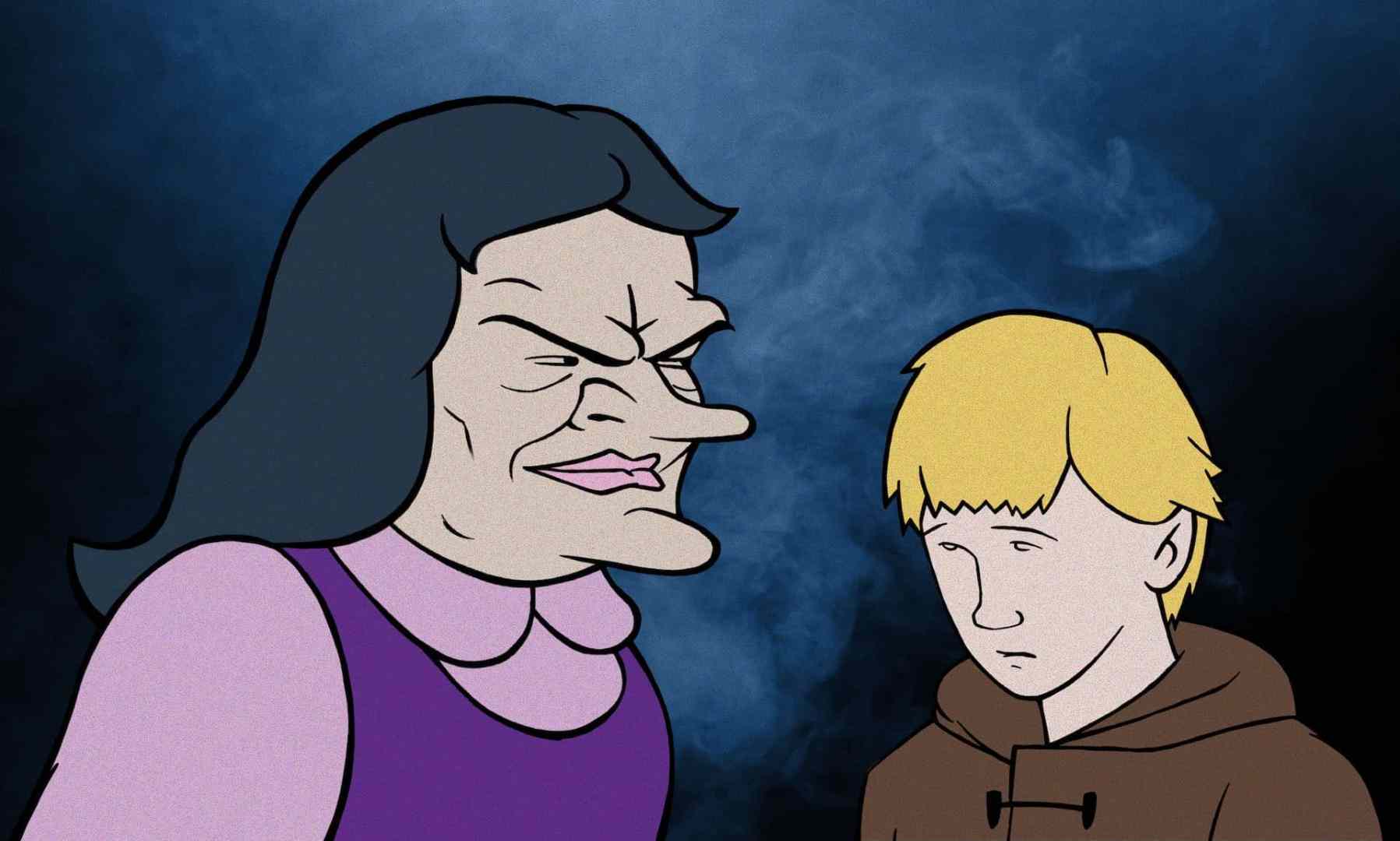

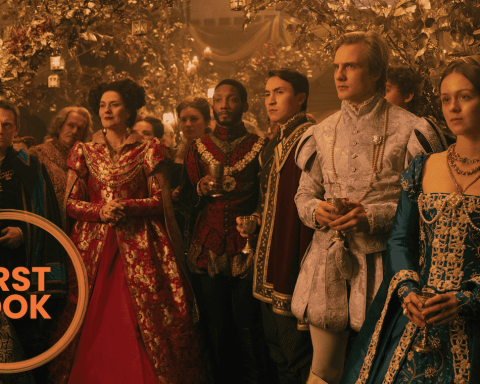
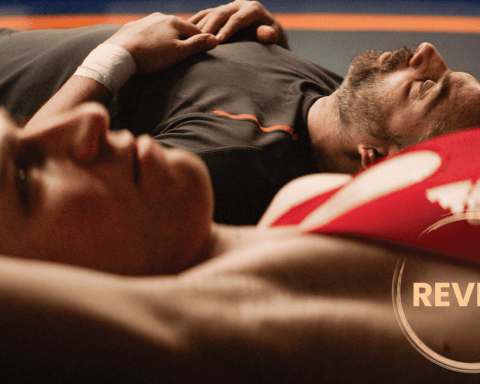






You must be logged in to post a comment.